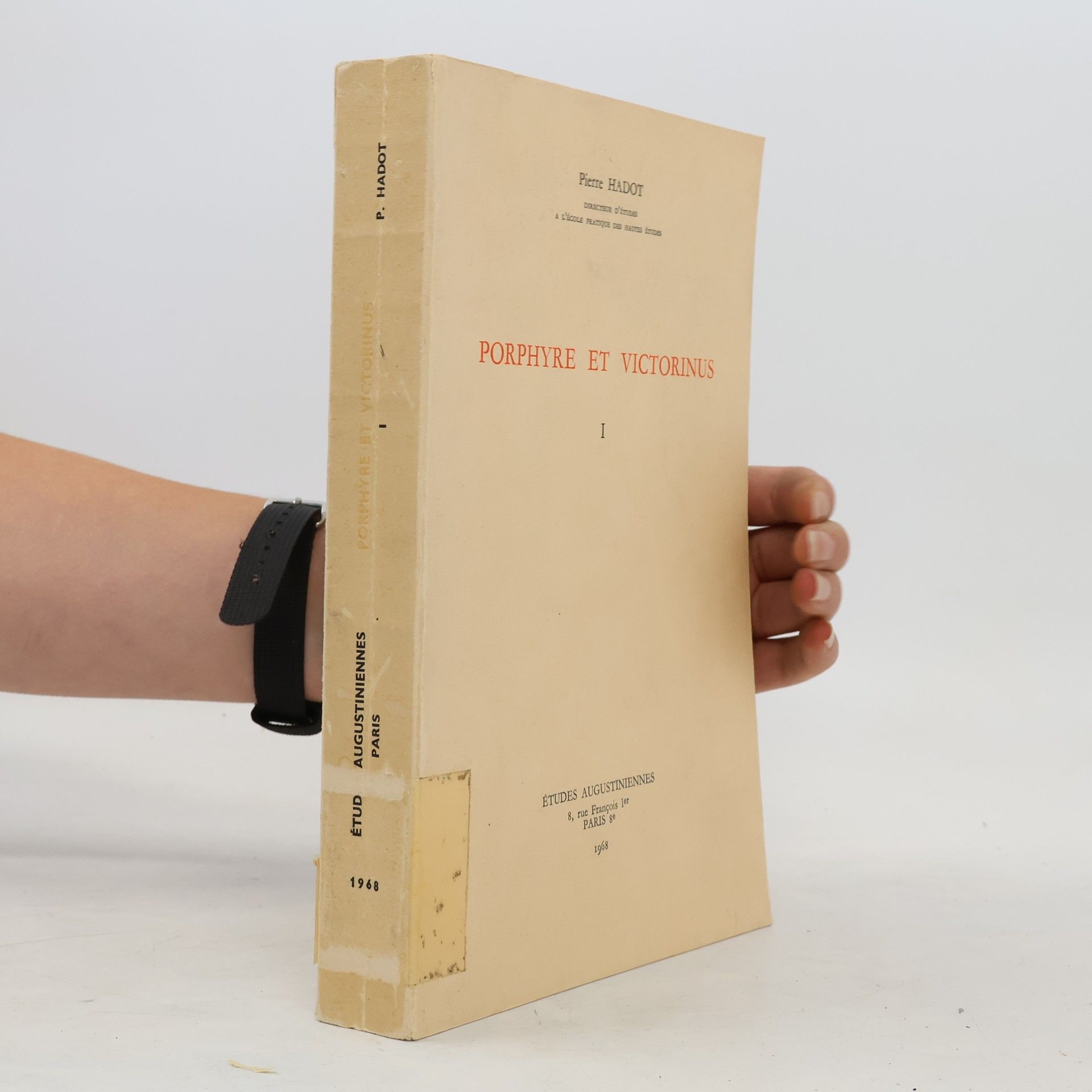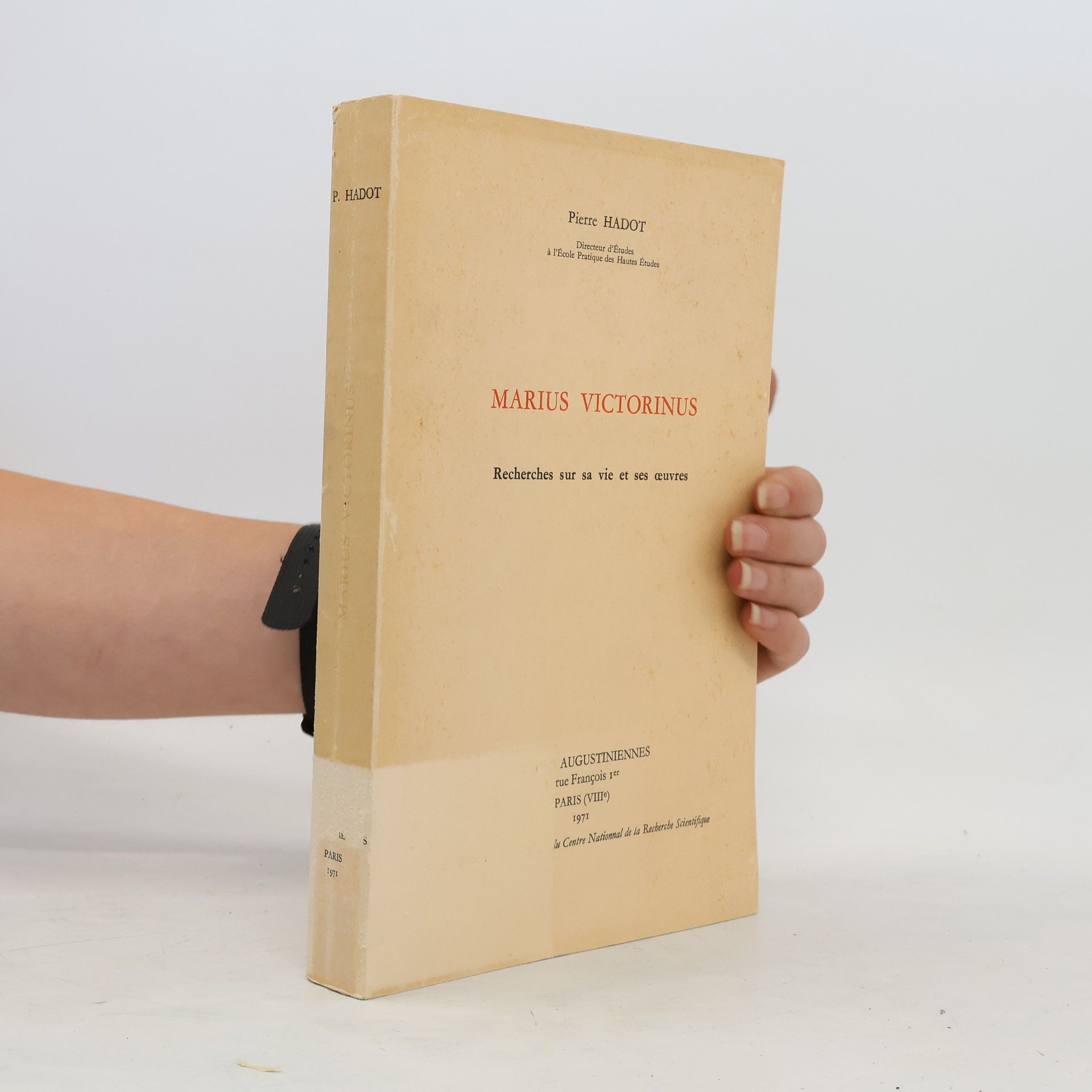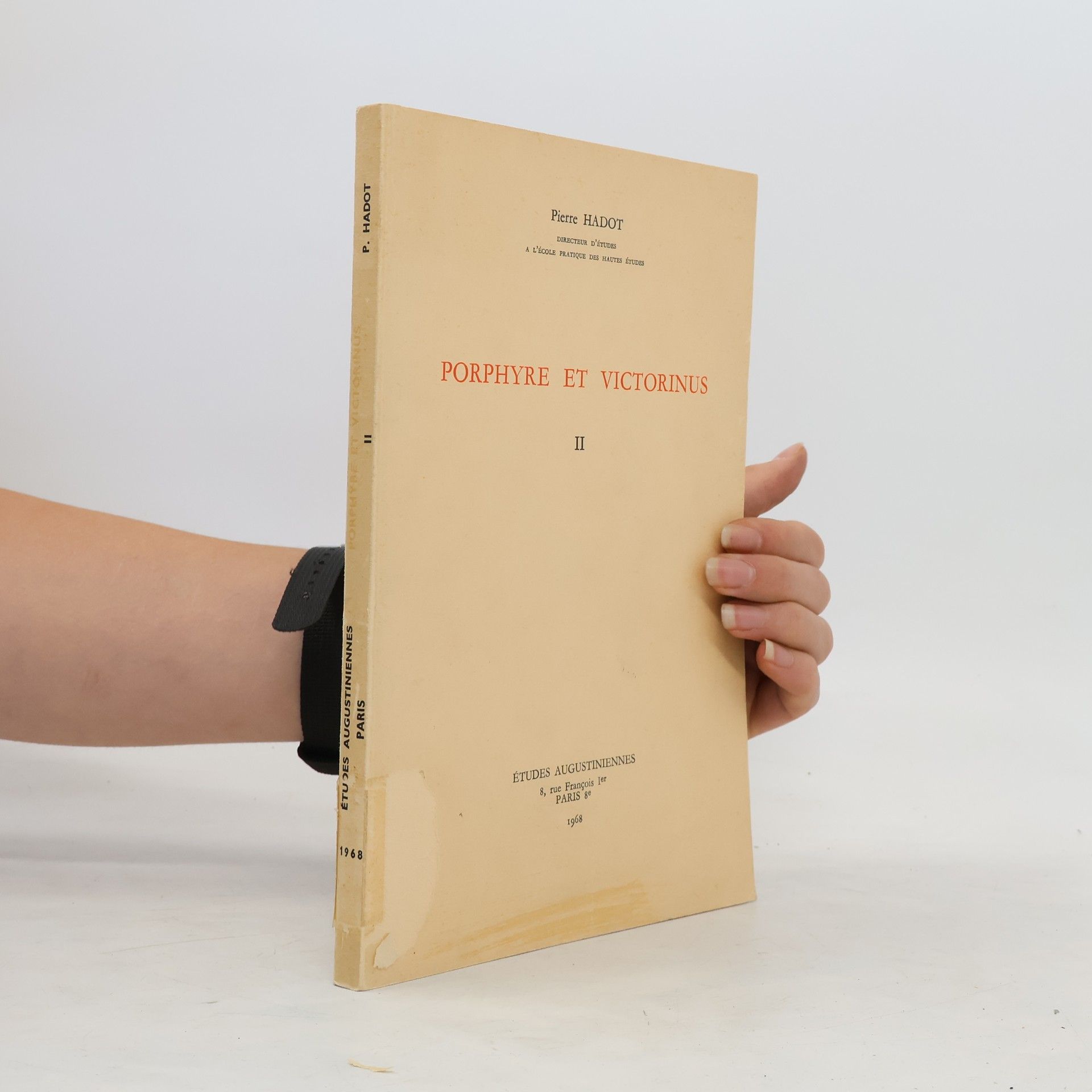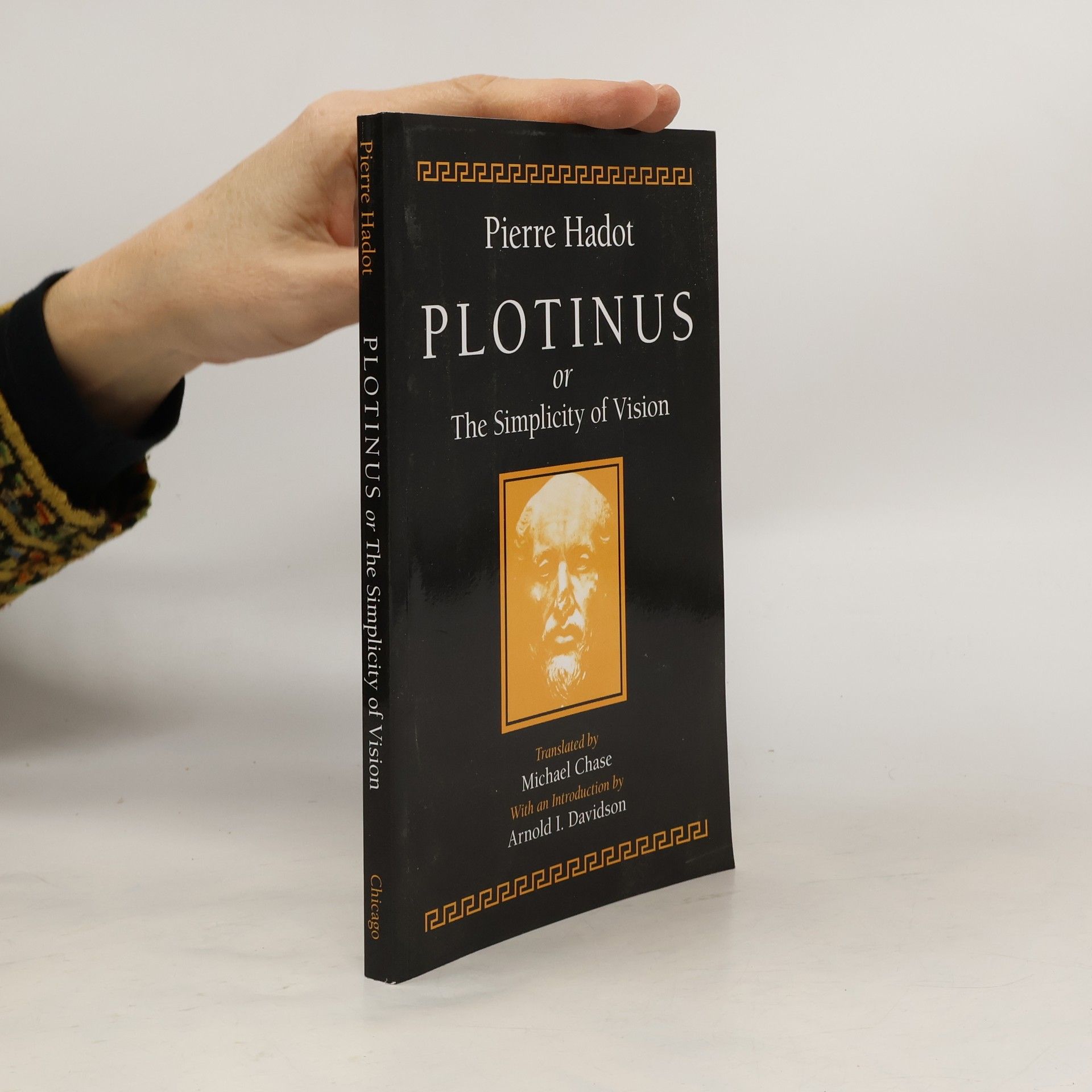Wittgenstein et les limites du langage
- 126pages
- 5 heures de lecture
Les etudes reunies ici temoignent de la decouverte de la philosophie analytique par les philosophes francais de l' dans les annees 1950, Pierre Hadot fut en effet l'un des premiers a s'interesser aux rapports entre logique et langage dans la pensee de Wittgenstein. Ces etudes pionnieres sont suivies d'une lettre d'Elisabeth Anscombe a Pierre Hadot, et de la traduction d'un texte de Gottfried Gabriel sur la signification de la forme litteraire chez Wittgenstein.






